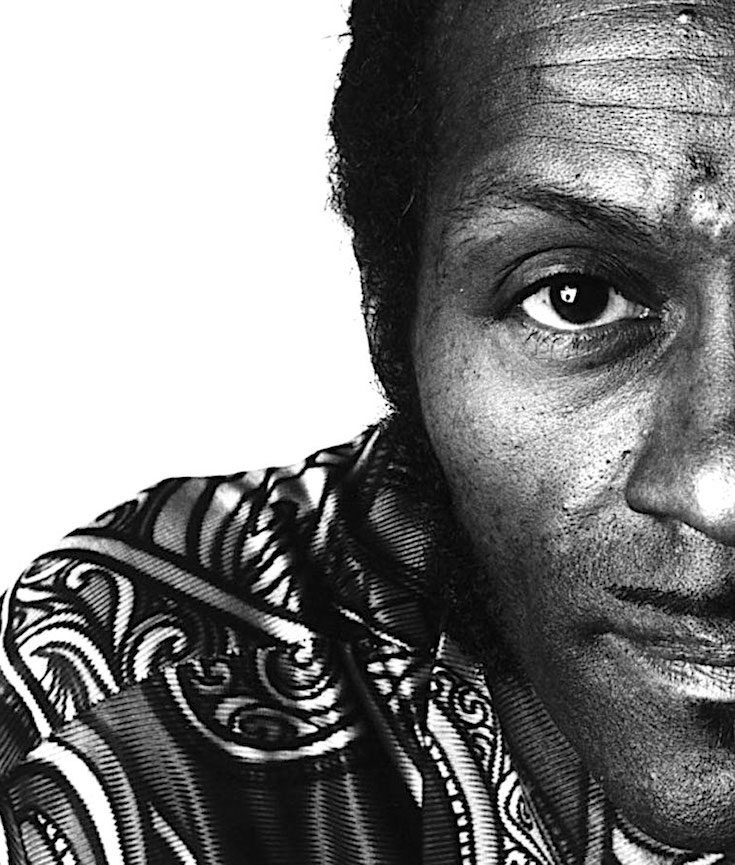Then my absolute favorite is “Why don’t you wear your hair down like your sister?”. My first thought is “Well it’s my prerogative, obviously I am rocking this look because I love my hair exactly how it is or I would have chosen another style long ago.”, (along with a side to side movement of my head) but instead I simply respond, “it’s just my preference”. All jokes aside, my preference not only stems from aesthetics, but the difference between the actual state of our hair. Stay with me as I breakdown the two major factors that contribute to our personal style.
[mc4wp_form id=”6042″]





“Promised Land” is a song lyric written by Chuck Berry to the melody of “Wabash Cannonball”, an American folk song. The song was first recorded in this version by Chuck Berry in 1964 for his album St. Louis to Liverpool. Released in December, 1964, it was Berry’s first single issued following his prison term for a Mann Act conviction.
In the lyrics, the singer (who refers to himself as “the poor boy”) tells of his journey from Norfolk, Virginia, to the “Promised Land”, Los Angeles, California, mentioning various cities of the American Southeast that he encounters along his journey. It has subsequently been covered by numerous other artists.
Berry wrote the song while in prison, and borrowed an atlas from the prison library to plot the itinerary. Describing himself as a “poor boy,” he boards a Greyhound bus in Norfolk, Virginia. that passes Raleigh, N.C., stops in Charlotte, North Carolina, and bypasses Rock Hill, South Carolina. The bus rolls out of Atlanta but breaks down, leaving him stranded in downtown Birmingham, Alabama. He then takes a train “across Mississippi clean” to New Orleans. From there, he goes to Houston, where “the people there who care a bit about me” buy him a silk suit, luggage and a plane ticket to Los Angeles. Upon landing in Los Angeles, he calls Norfolk, Virginia (“Tidewater four, ten-oh-nine”) to tell the folks back home he made it to the “promised land.” The lyric: “Swing low sweet chariot, come down easy/Taxi to the terminal zone” is related to the ancient lyric: “Swing low sweet Chariot, coming for to carry me Home” since both refer to a common destination, “The Promised Land,” which, for a free Berry, is California, not heaven. (Wikipedia).


You must be logged in to post a comment.